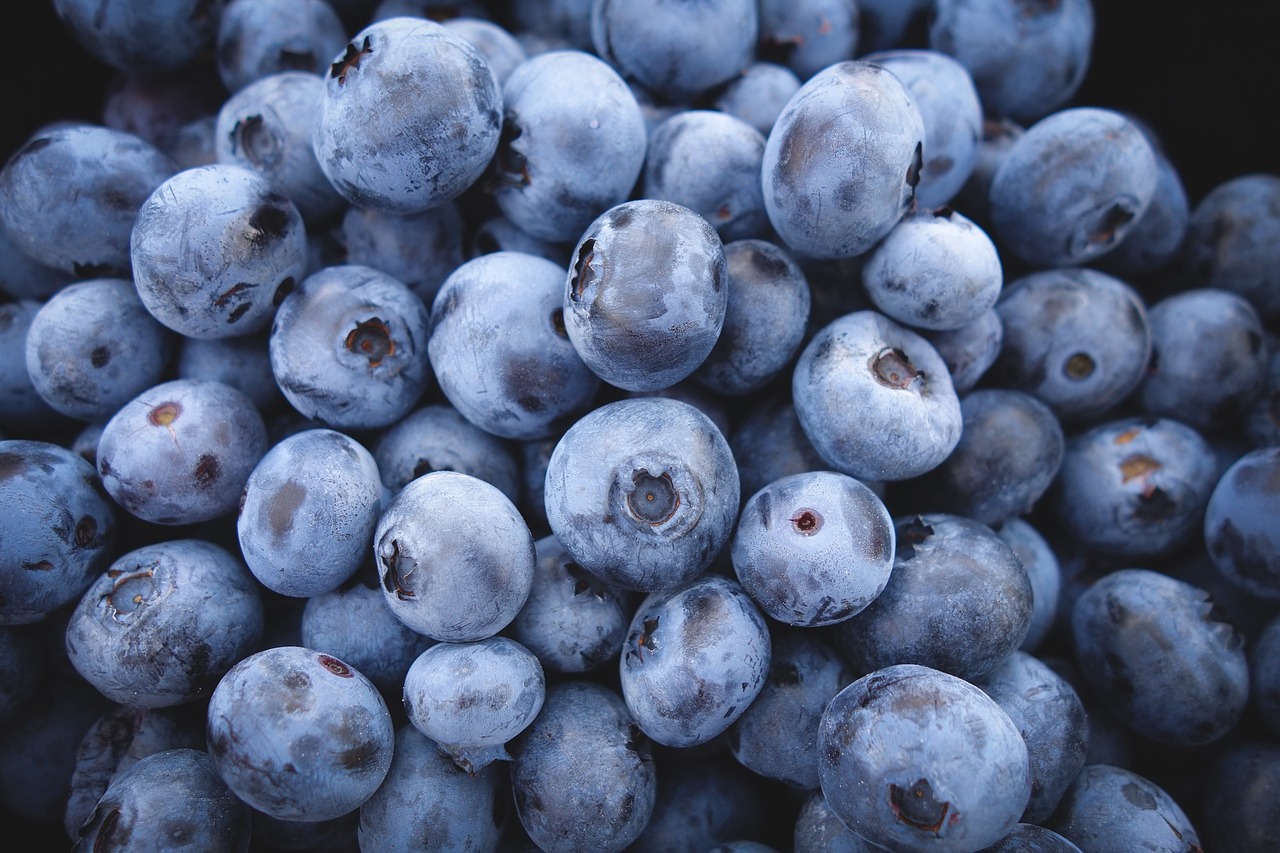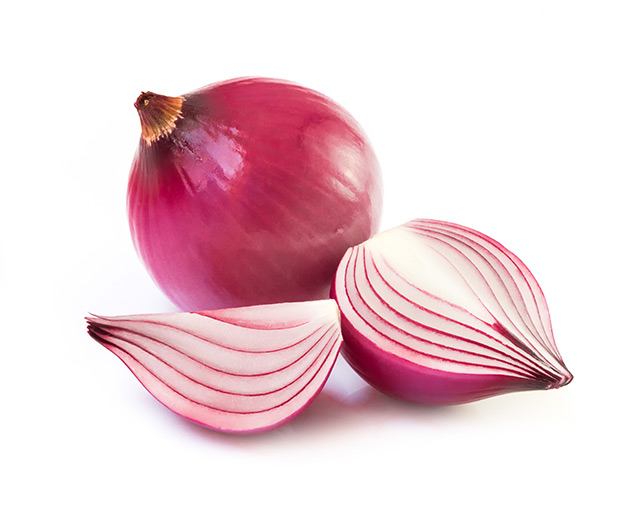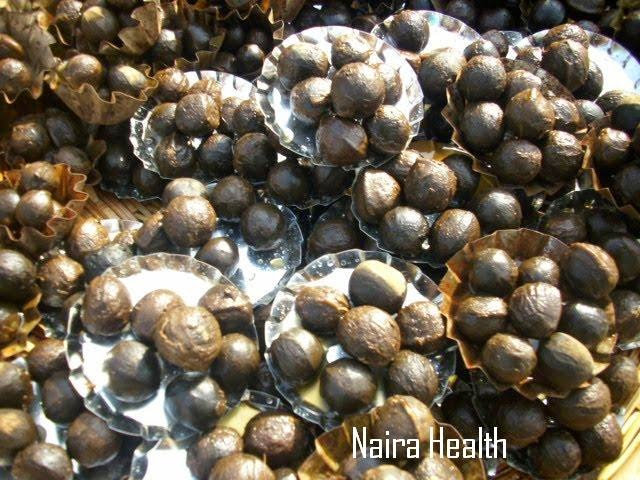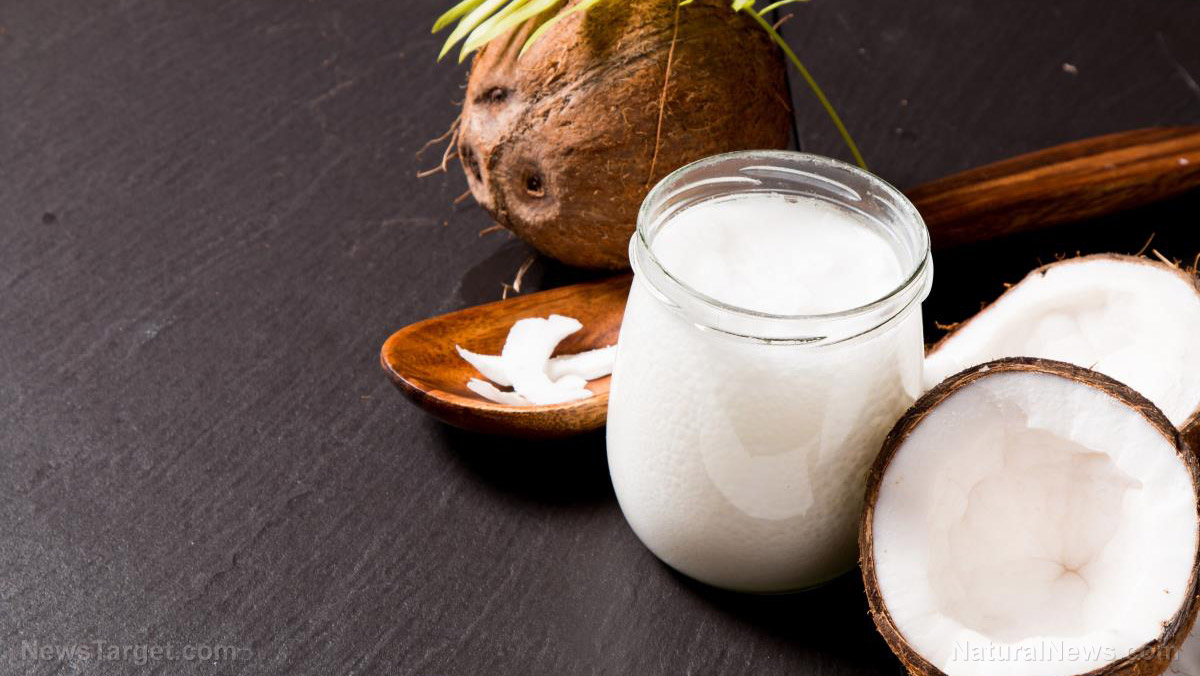Blueberry juice concentrate found to “supercharge” aging brains
10/26/2018 / By Rhonda Johansson

Drinking concentrated blueberry juice prevents cognitive decline among the elderly, according to a study. Older adults showed a significant improvement in cognitive function and blood flow to the brain after drinking the blueberry beverage for a period of 12 weeks. Evidence shows that the juice can even improve working memory. These findings were published in Applied Physiology, Nutrition, and Metabolism.
Twenty six healthy adults, aged 65-77, were divided into two groups. One group was given 30 mL of concentrated blueberry juice and the other a placebo (a synthetic blackcurrant and apple tonic with added sugar to match the blueberry energy content). Participants were given a series of cognitive tests before and after the study. Those who took the blueberry supplement scored better in the tests after only 12 weeks. The study did not include participants who consumed more than five portions of vegetables and fruits per day. All participants were asked to follow their normal diet throughout the trial period.
“In this study we have shown that with just 12 weeks of consuming 30 mL of concentrated blueberry juice every day, brain blood flow, brain activation and some aspects of working memory were improved in a group of healthy older adults,” says lead author, Dr. Joanna Bowtell, Head of Sport and Health Sciences at the University of Exeter.
“Our cognitive function tends to decline as we get older, but previous research has shown that cognitive function is better preserved in healthy older adults with a diet rich in plant-based foods,” she added.
The power of flavonoids
Flavonoids are powerful phytonutrients with incredible antioxidant and anti-inflammatory properties. It gives fruits and vegetables their vibrant color, such as the rich blue of the blueberry and the decadent red of the raspberry. There are more than 6,000 unique flavonoids, most of which are found in plants. Each compound has been studied to determine its impact on general health. You’ve probably heard of some flavonoids already — even if you weren’t aware of it at the time. Well known examples include the catechins in tea or tangeretin in citrus fruits.
Flavonoids reduce free radical damage to the cells. Consequently, consuming large amounts of flavonoids can improve the immune system and prevent cell damage. Blueberries rate one of the highest in flavonoid content. The fruit is particularly rich in one group of flavonoids, anthocyanins, which is linked with neurological health. A 2012 study showed that greater intakes of blueberries and strawberries can delay cognitive aging by around two years. Moreover, taking these berries daily dramatically slowed down the rate of cognitive decline.
Animal studies also show that flavonoids in blueberries reduce the amount of oxidative stress in the brain. This kind if stress — which disturbs the balance of cells — accelerates the brain’s aging process. The antioxidants from blueberries accumulate in areas of the brain related to intelligence, and helped neurons maintain proper functioning during aging, these studies conclude.
Other health benefits
The bioactive compounds in blueberries can affect insulin sensitivity and glucose metabolism. These make the fruit ideal for those who are borderline diabetic. It was found that insulin sensitivity among obese patients improved after taking blueberry juice for a few weeks. An improved insulin sensitivity prevents the onset of type-2 diabetes, which affects around 9.3 percent of the American population.
Blueberries also reduce bad cholesterol levels. A daily 50 g serving of blueberries is enough to lower bad cholesterol levels by 27 percent in obese participants, one study showed. Other studies suggest that consuming blueberries on a regular basis reduces the risk of heart disease. Obese individuals had a four to six percent reduction in blood pressure after taking a single serving of fresh blueberries for eight weeks.
Sources:
Tagged Under:


















